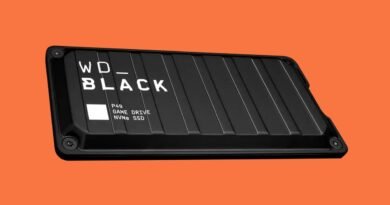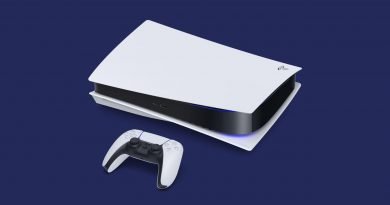Is 5G Available for You? Here’s How to Find Out
[ad_1]
With numerous carrier deals available on 5G smartphones, like the iPhone 13, owners of older mobile devices might be interested in an upgrade. If you’ve been holding onto your phone for a few years, now might be the time you start thinking about making the switch to 5G. However, 5G phones can sometimes be more expensive than the alternatives, so before you take the leap, here’s how you can find out whether you can even make use of 5G.
What Are the Benefits of 5G?
Before we get to where you can find a 5G signal, it’s worth questioning whether you need it. Which sounds silly, right? Faster speeds? Who wouldn’t need that? Except with 5G, for now at least, you might not. Especially if you already have a fast wireless connection.
In the US, major carriers have been rolling out their 4G LTE network for the better part of a decade. As a result, the speeds they can carry are already pretty fast. In most places, the average user can pull down around 30 to 50 Mbps. This isn’t too far off from the average home internet speed. Average is the key word, as both home and wireless internet connections can be wildly subjective. So if you’re used to getting different results, you’ll have to factor that into your needs.
However, 30 to 50 Mbps is usually enough to stream high-quality video, play music, download apps, and do most other common tasks. 5G speeds will eventually enable things like connecting every car or street sign to the internet. But it lacks the same obvious use case for your phone that you want to do but can’t yet. Streaming games from services like xCloud could benefit from 5G, but those are still new services.
Before you buy a 5G phone because it has “faster speeds,” ask whether there’s something you need those higher speeds for. Do you plan to do a lot of game streaming? Are you in an area where streaming Netflix doesn’t work very well? (Even then, see below.) Do you usually need to upload large files like video that require as much speed as you can get? If so, you might have a use for 5G, but even then it might be a bumpy road to getting it.
Does My Phone Support 5G?
This question is more complicated than it seems. If your phone is marketed as being a “5G” phone, then it probably supports some version of 5G. Although even that isn’t necessarily the case, as AT&T showed when it started using a misleading “5G E” label on phones that were only slight improvements on 4G phones. At the time, the company hadn’t rolled out its 5G network at all.
Even among phones that are accurately described as 5G, though—like the Galaxy A32 5G, the iPhone 13, and the Pixel 6—the issue isn’t entirely clear. The problem involves support for what’s called millimeter wave (mmWave). Without getting too technical, this refers to a portion of the wireless spectrum that is extremely fast but doesn’t travel very far and has trouble penetrating buildings. The range is so limited that in dense city areas, support often has to be added on a block-by-block basis.
[ad_2]
Source link




